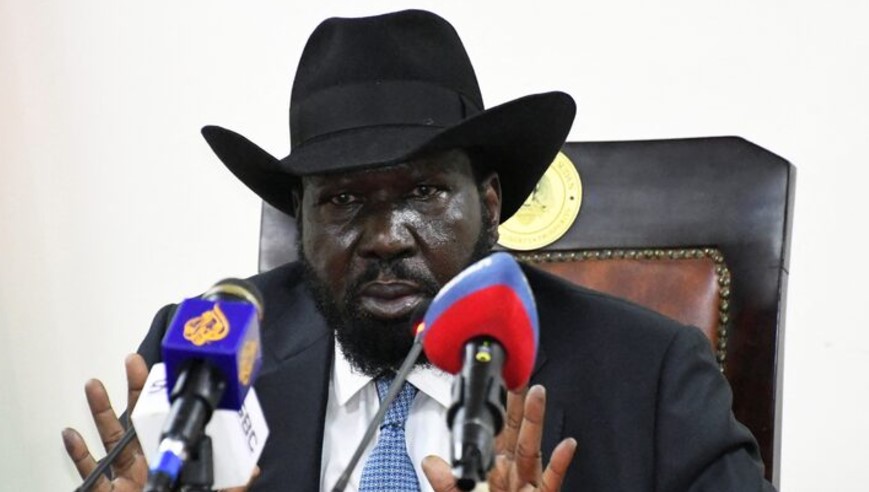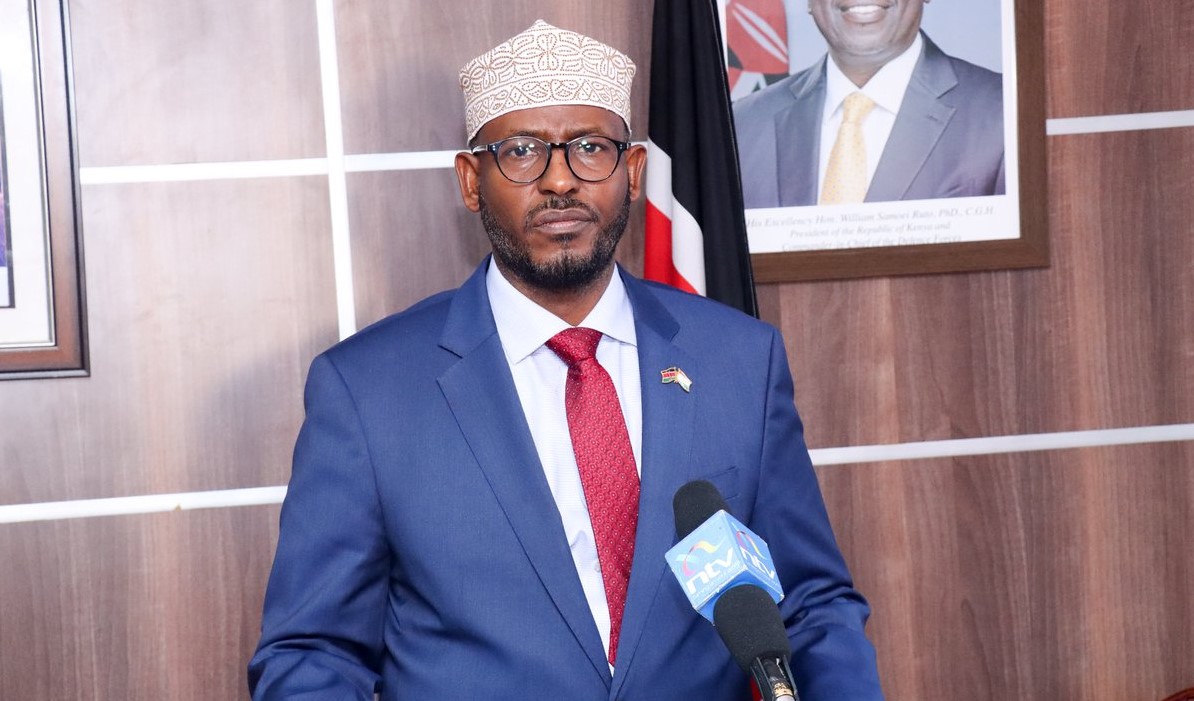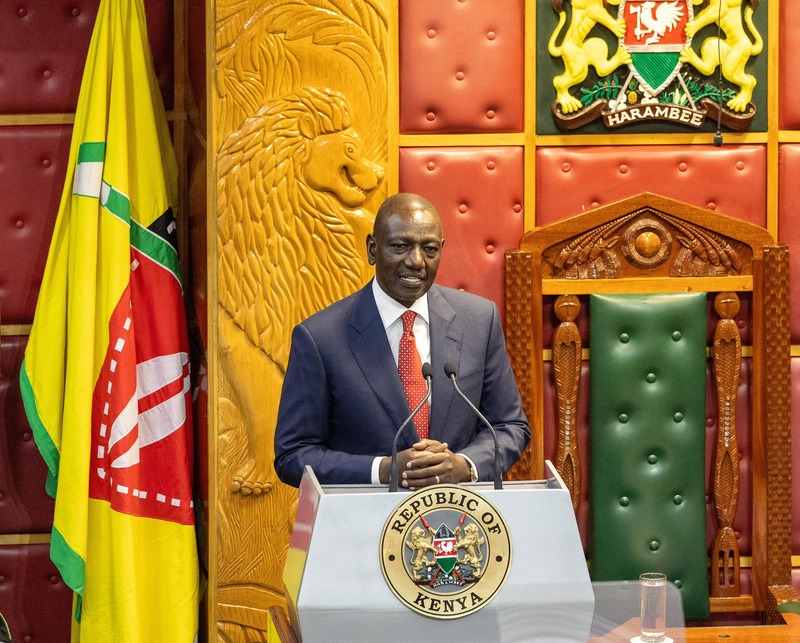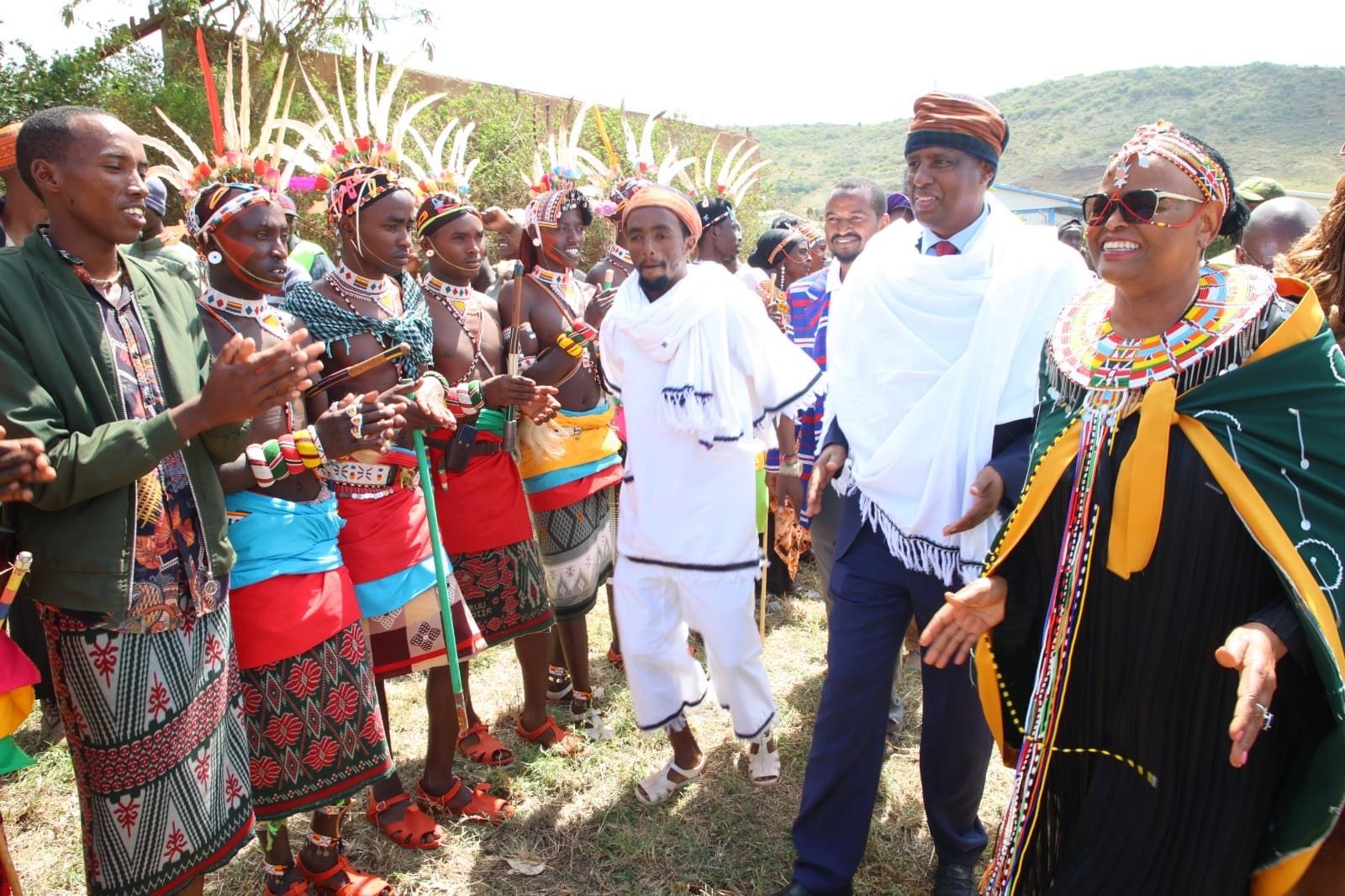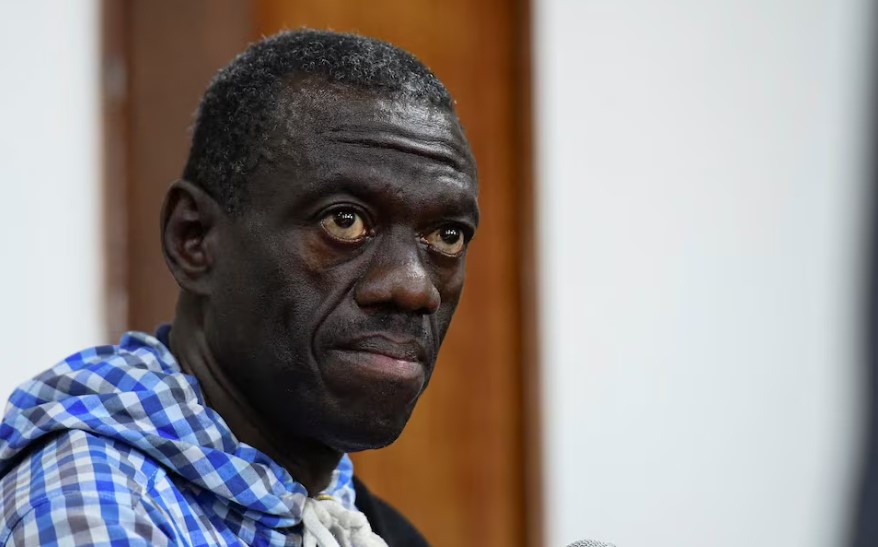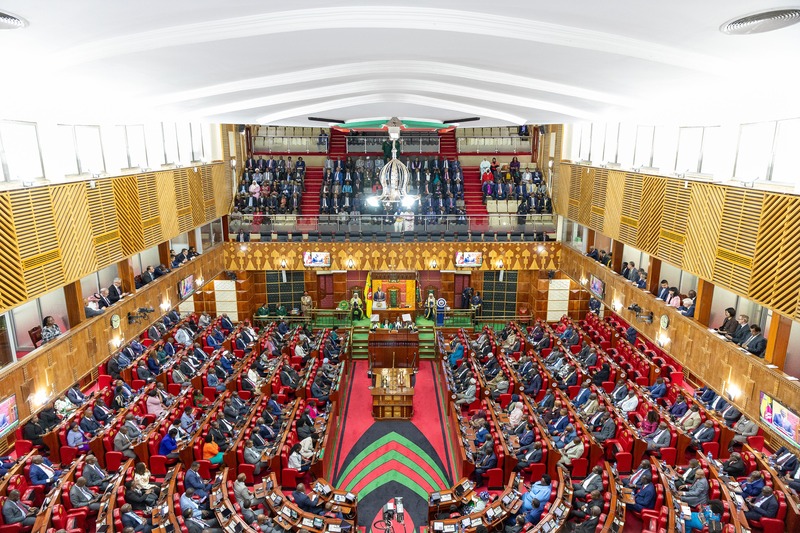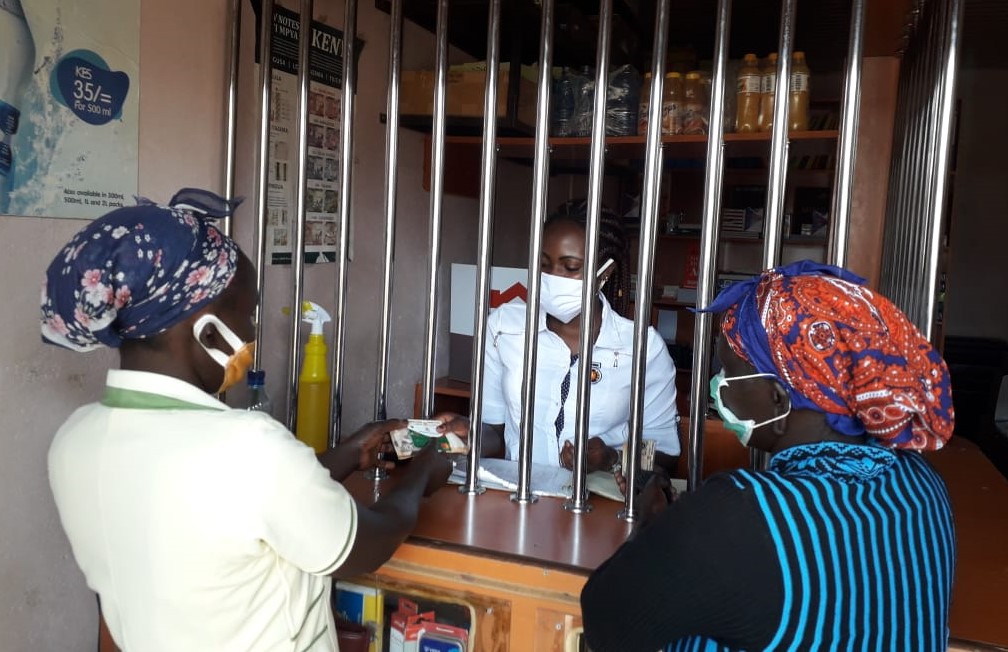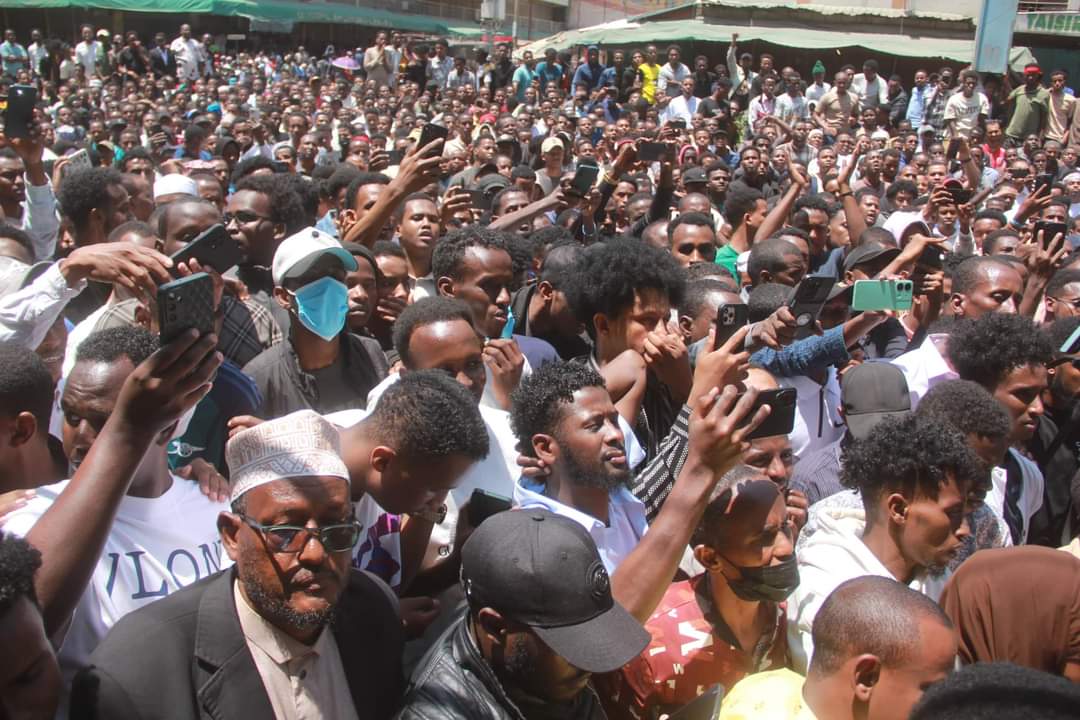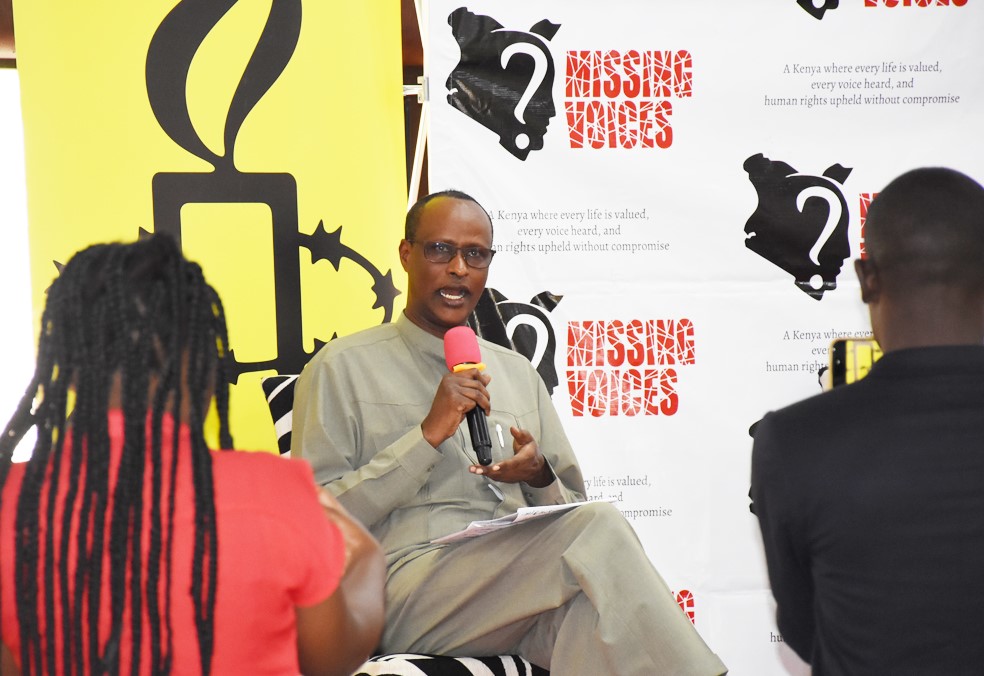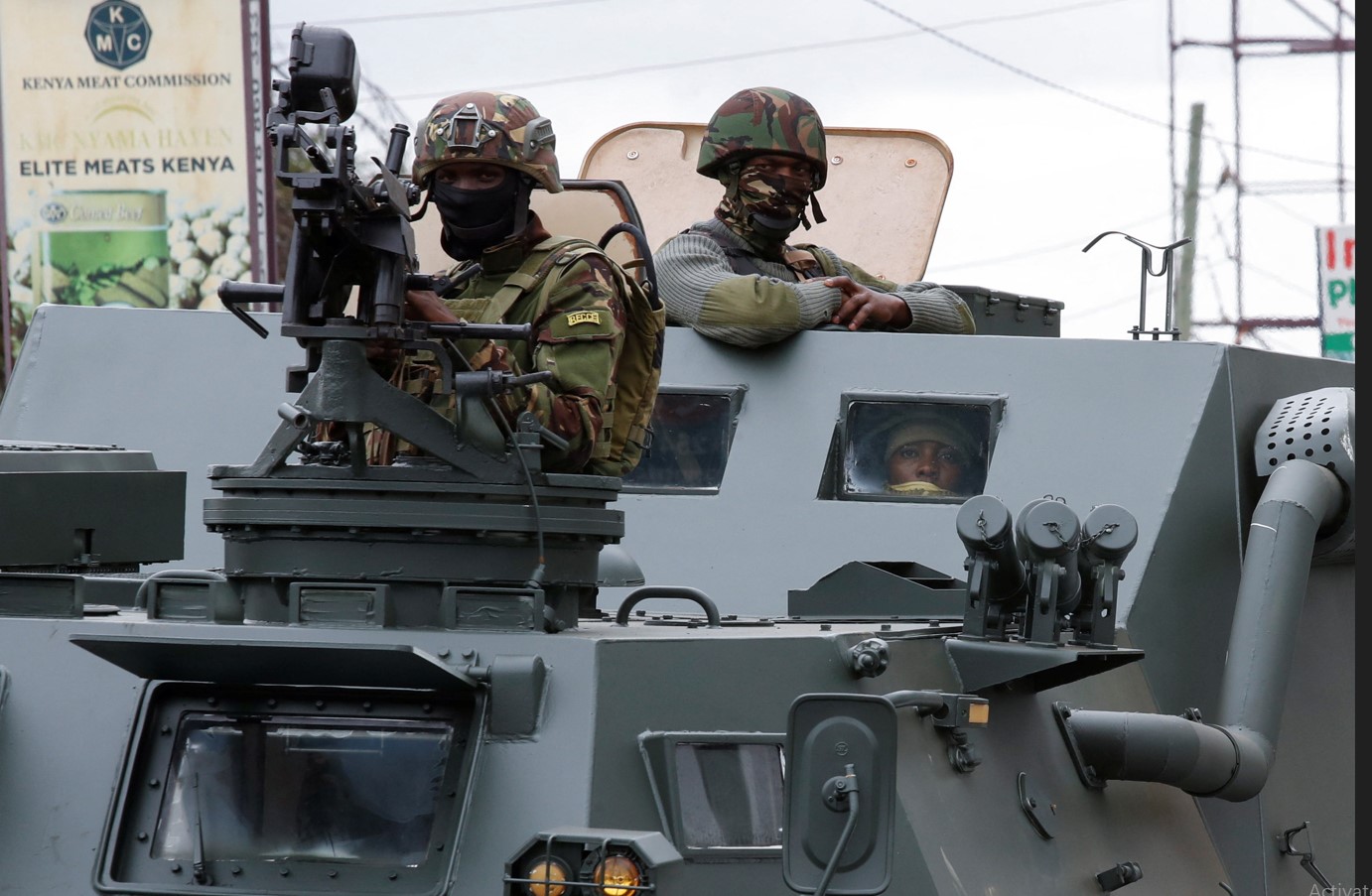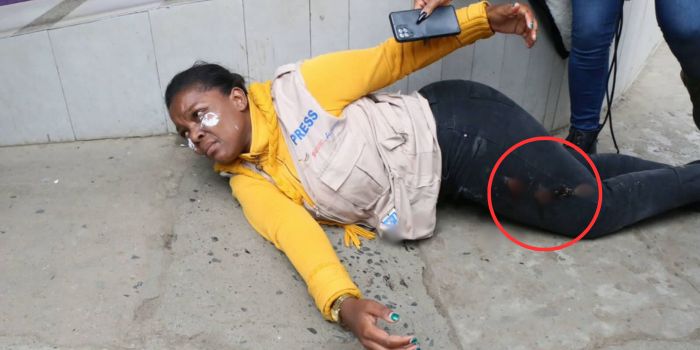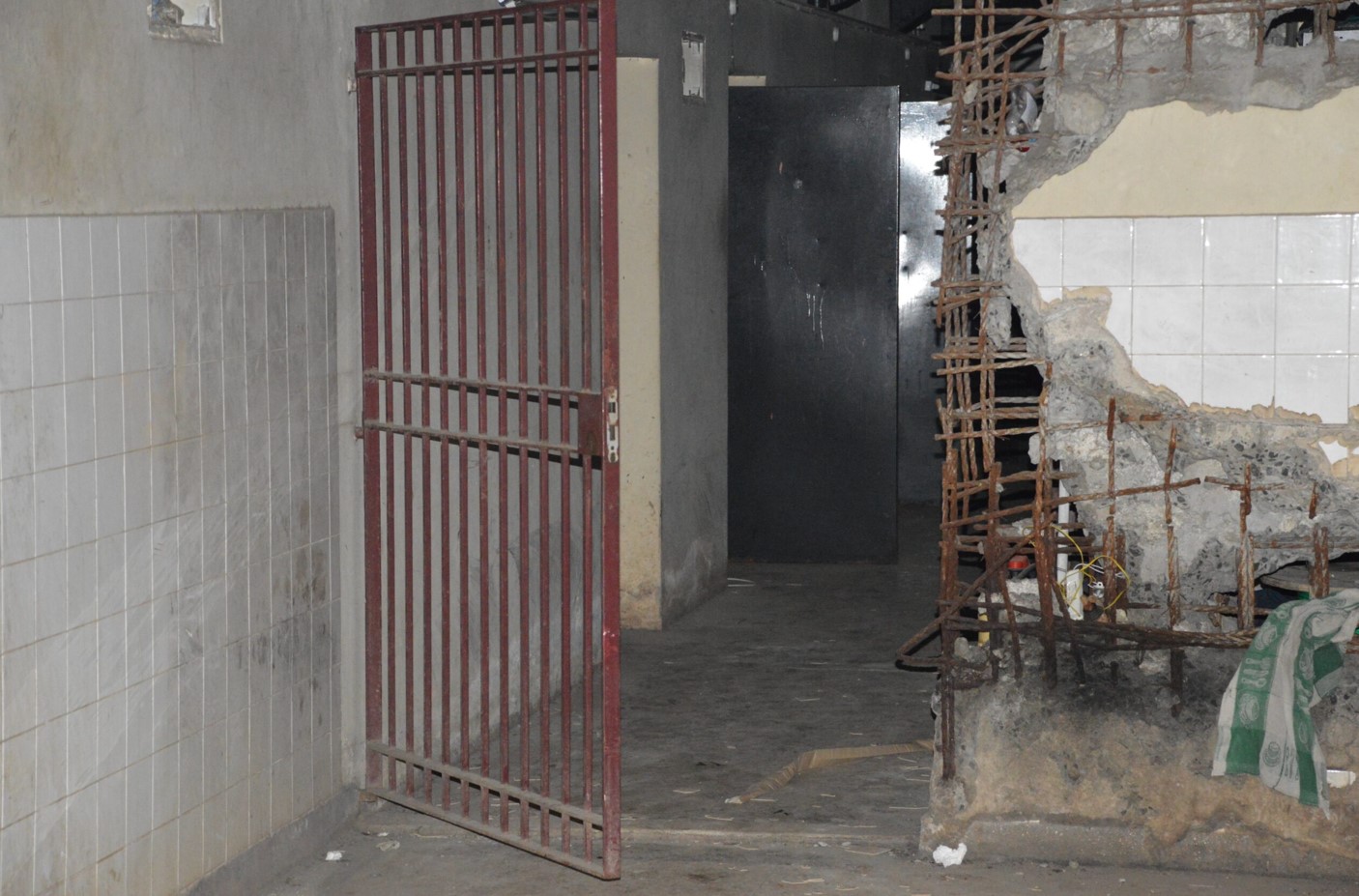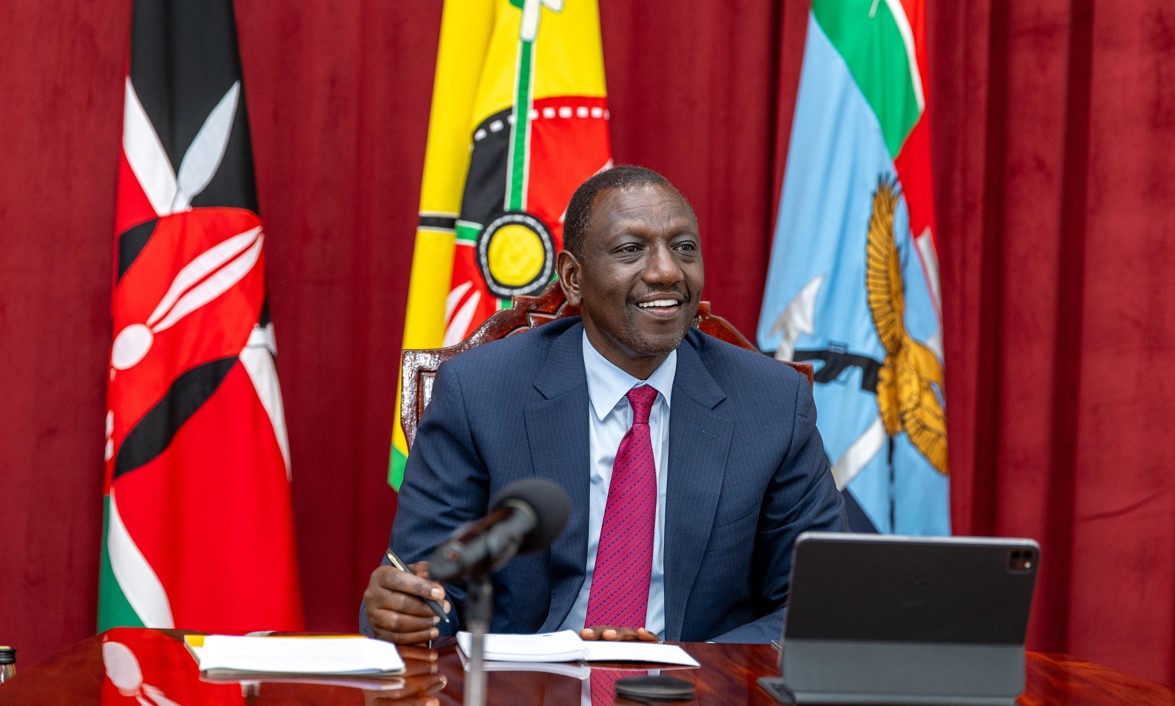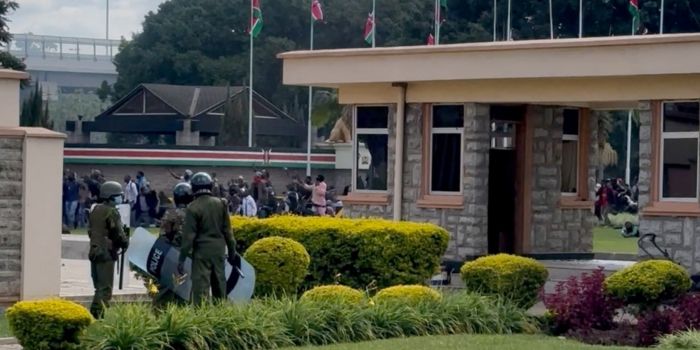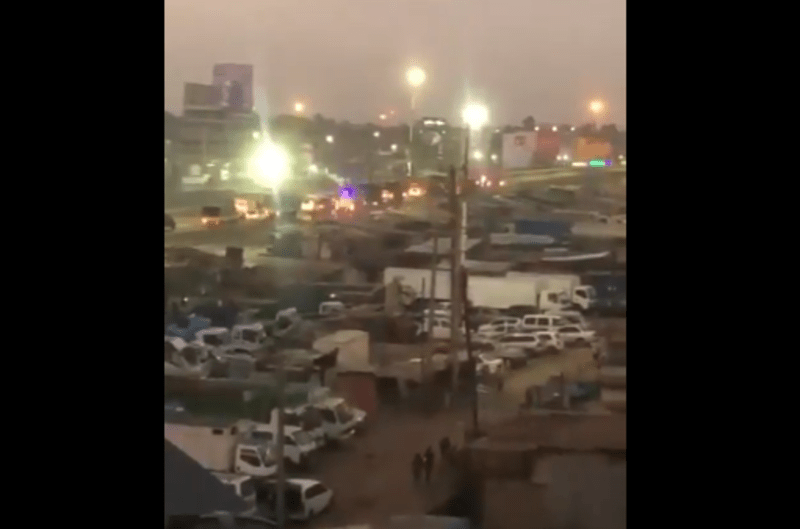Police oversight body calls for competent, impartial probe into torture cases in Kenya
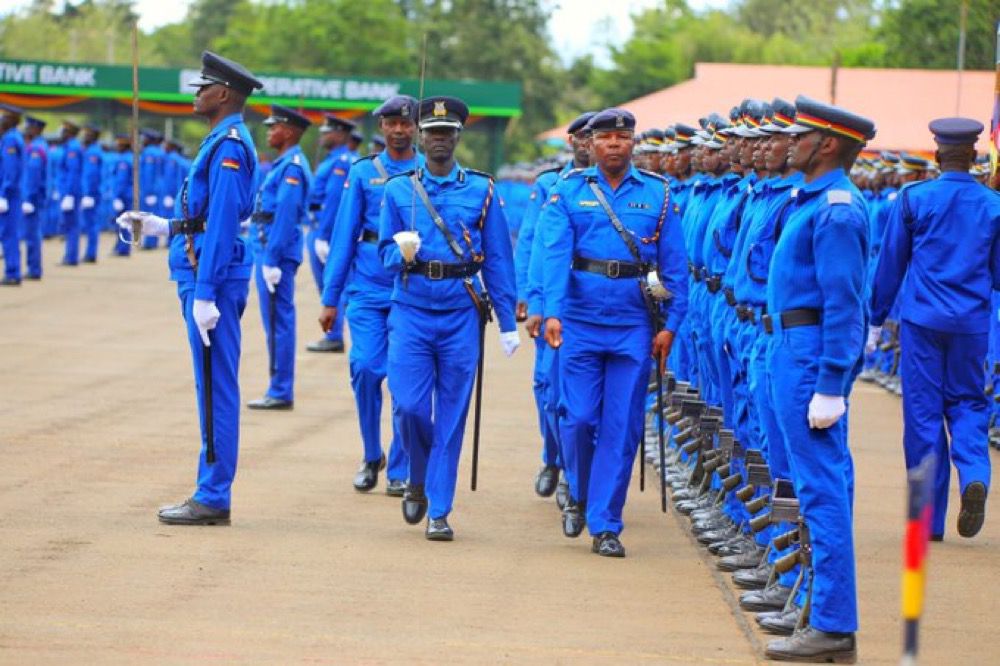
By Mary Wambui |
Torture has manifested in the form of extrajudicial killings, enforced disappearances and, most recently, the suspected cultish activities of self-proclaimed pastor Paul Mackenzie.
The Internal Affairs Unit (IAU) has called for a competent and impartial probe of torture-related cases in the country to ensure fairness.
IAU Director Judy Lamet said this on Wednesday in an address to investigators from agencies that probe torture-related cases, including the IAU, the Directorate of Criminal Investigations (DCI), and the Independent Policing and Oversight Authority (IPOA), at the end of a two-day specialised training organised for a section of them in Nairobi.
Keep reading
- MPs have until November 26 to vet Ruto's nominees to various commissions
- Senior cops to be held liable for junior officers’ misconduct under proposed law changes
- National Police Service starts recruitment drive for Internal Affairs Unit to boost oversight
- IG Kanja directs Internal Affairs Unit to replace arbitrarily transferred officers
"Torture-related investigators should meet the highest professional standards, they must be competent and impartial. Training officers on forensic investigations relating to torture will impact relevant skills and expertise in the field," she explained.
The training revolved around crime scene investigation, forensic medicine, evidence presentation in court, and forensic investigation and interview.
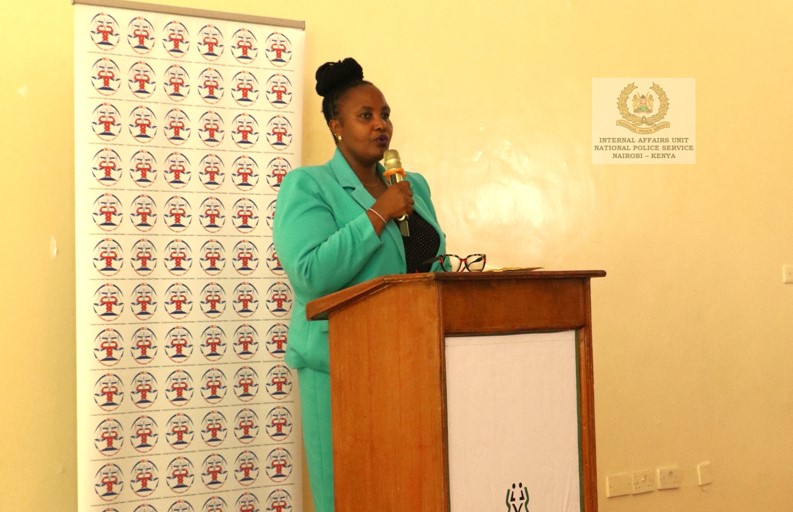 Internal Affairs Unit Director Judy Lanet addresses torture case investigators during a two-day training in Nairobi. (Photo: Handout)
Internal Affairs Unit Director Judy Lanet addresses torture case investigators during a two-day training in Nairobi. (Photo: Handout)
According to the Prevention of Torture Act, "torture" refers to "any act by which severe pain or suffering, whether physical or mental, is intentionally inflicted on a person for the purposes of obtaining information or a confession from him or her or any other person; to punish him or her for an act he or she or any other person has committed, is suspected of having committed, or is planning to commit; or to intimidate or coerce him or her or any other person to do, or to refrain from doing something, or for any reason based on discrimination of any kind."
In Kenya, civil society groups report that torture has manifested itself in recent years, mainly in the form of extrajudicial killings, enforced disappearances and, most recently, the suspected cultish activities of self-proclaimed pastor Paul Mackenzie, leader of the Good News International Ministries in Kilifi County.
He is accused of convincing at least 429 of his followers to starve themselves to death to meet Jesus, and of having them buried in mass graves in the Shakahola Forest.
In one case, Mackenzie and 38 co-accused persons are charged with child torture in line with Section 25(3) of the Children Act of 2022, as read with Section 5(1) of the Prevention of Torture Act, No. 12 of 2017.
The court heard that the accused persons slapped and beat eight- and 14-year-old children with sticks on their legs, causing them bodily harm.
In yet another case, the Directorate of Public Prosecutions has approved torture charges against a commissioner of police and six junior officers on the accusation of torturing and wounding businessman Abdullahi Abdille Isaack on various dates last year.
A 2022 joint Kenya Civil Society Shadow Report on torture in Kenya noted that despite the comprehensive legislative framework, the rate of investigation of extrajudicial killings has been minimal, entrenching a culture of impunity within the security agencies.
"As of 2020, the Independent Policing Oversight Authority had received 18,166 complaints; 6,659 cases had been referred for investigations and 319 forwarded to the ODPP; 95 are before the court, and only 8 convictions [were secured]," states the report compiled by 21 national and international civil society organisations for consideration by the United Nations Committee Against Torture.
The report also noted that despite the legislative progress, the state has not developed and gazetted guidelines linking the Prevention of Torture Act and the Victim Protection Act to ensure victims of torture can receive reparations, including rehabilitation services.
If further called for the review of Section 18 of the Children Act (No. 8 of 2001), which prohibits the subjection of a child to torture or ill-treatment, and Section 20 of the Act that provides that the penalty for this offence is a sentence not exceeding 12 months or a fine not exceeding Sh50,000 (500 dollars), or both.
"This means that the punishment for crimes of torture or ill-treatment of children is not incommensurate with the gravity of the crime and does not match the prescribed period in the Prevention of Torture Act, of 25 years or life imprisonment in case the victim dies," the report says.
Reader comments
Follow Us and Stay Connected!
We'd love for you to join our community and stay updated with our latest stories and updates. Follow us on our social media channels and be part of the conversation!
Let's stay connected and keep the dialogue going!

